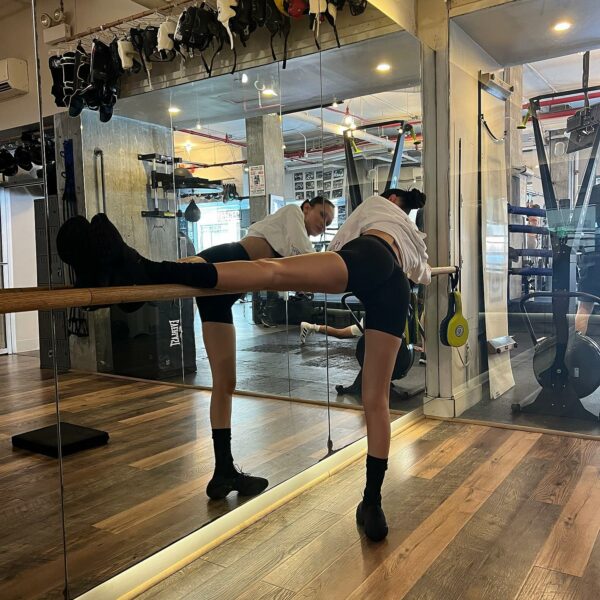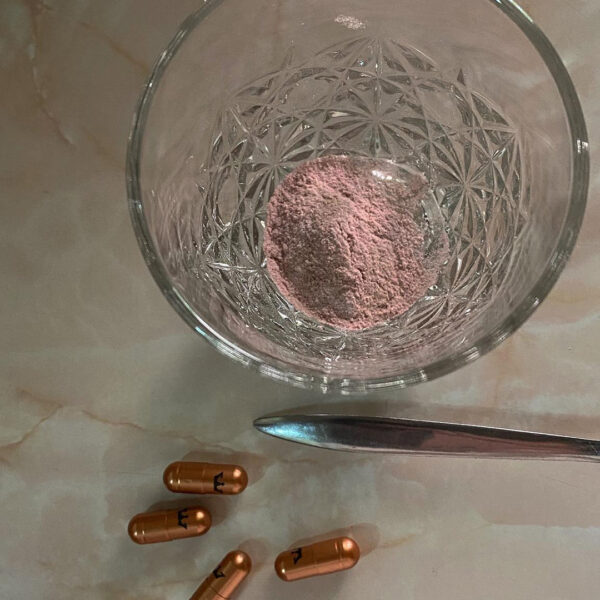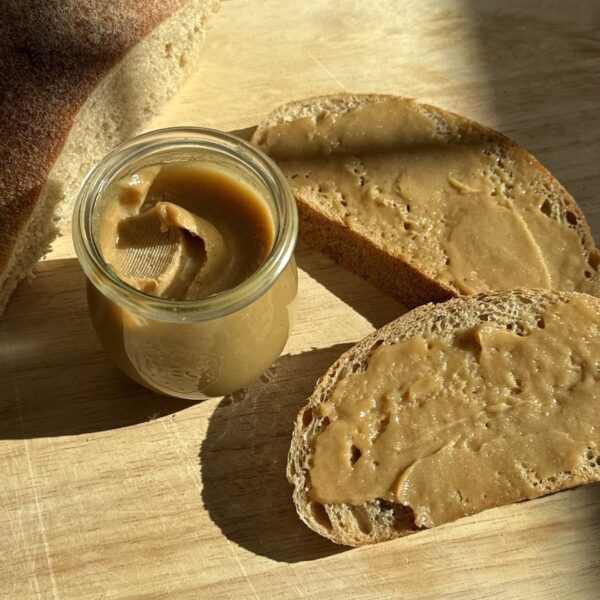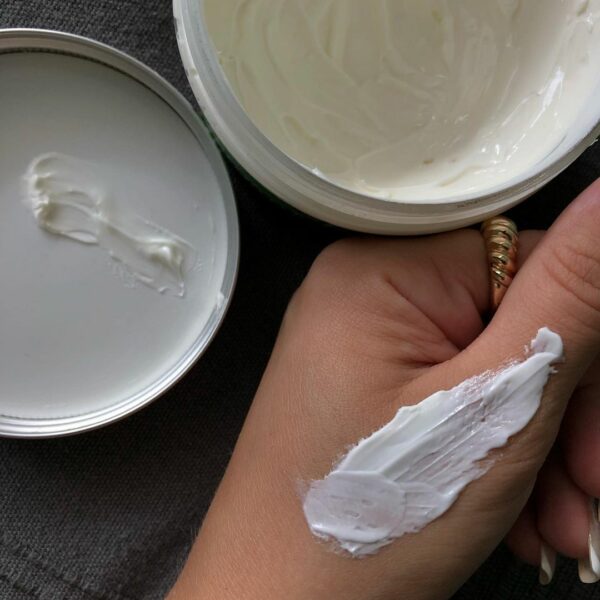If you live deep in the world of wellness like we do (and we think you do, because you’re here, reading this) then you’ve heard of adaptogens. You might even be taking them. We are. But what exactly are they, and how do they work? Is it like medicine? In short, it’s the most effective and time-tested plant medicine for what life throws our way. We made sure to touch base with Alae Akashi, founder of Herbalista Apothecary and Alchemy Bar and herbalist at Raiz Herbal, because she is no newbie on the topic.
First of all, it seems confusing that herbs and adaptogens are seemingly different categories. They are and they aren’t—as Akashi explains, adaptogens are a family of medicinal herbs, and yet not all medicinal herbs are adaptogens.
“What mainly distinguishes adaptogens is that they fall under three qualifications: first, they should be safe and nontoxic, showing no significant side effects or contraindications. Second, they have a generalizing action to improve resistance to all kinds of stress, whether it be emotional, physical, environmental, etc. And finally, they have a modulating effect on the body, a bidirectional balancing ability.” In other words, these intelligent plants can bring stress levels (of all kinds) down to a normal, healthy state so that our bodies can function optimally.
According to Akashi, adaptogens are also known as resistogens. For example, “The reishi mushroom is famous for its modulating properties on the immune system. If you have a hyperactive immune system, that can translate into allergies. Reishi brings this hyperreactivity to a regular, neutral state, making it a wonderful ally during allergy season.” Adaptogens help maintain your immune system, nervous system, and hormonal system by bringing us back to homeostasis, aka balance.
And of course, adaptogens are not new. They’ve been revered as gods of the plant-medicine world for thousands of years. Akashi says that traditional Chinese healers refer to them as Qi tonics, as they balance our energy on all levels, and literally help to build our “vital force,” while in Ayurvedic tradition, they are referred to as “rasayanas,” meaning they help lengthen lifespans. Rain forest herbalists know them as “cura-todo,” which means “heal-all,” and the list of ancient practitioners from all over the globe goes on.
Of course, they are not obsolete just because we have modern medicine. They work much differently, so don’t expect an immediate cure from your ailments or even instant respite from symptoms. Continual use will manifest the most positive change, so consistency is key. They are completely natural and need to build up in the system.
It’s safe to say we need them now more than ever. Akashi points out, “In a society that glorifies busy-ness and hyper-production, stress levels among people are reaching unhealthy levels. Chronic stress, as we know it, is the root cause of many imbalances that can manifest themselves in a range of symptoms including headaches, anxiety, depression, high blood pressure, acidic pH, and even cancer, just to name a few.”
This ancient wisdom isn’t just theory simply because clinical trials and studies weren’t yet available. Akashi shared a study from the High Altitude Medicine and Biology Journal that shows taking rhodiola root and cordyceps mushroom during altitude training improves aerobic performance. This means they help mitigate the nervous system during high-intensity movement and can help the body adapt to this specific kind of stress.
Adaptogens have been coined quite aptly. Stress comes in all shapes and sizes and affects every part of our body and function. Because they are natural and so minimally processed (if at all), for us to reap their harmonious powers, we should take them daily and for long stretches of time to see the difference. Stock up on Akashi’s favorites: ashwagandha, maca, tulsi, rhodiola, and her all-time favorite, reishi.
The content provided in this article is provided for information purposes only and is not a substitute for professional advice and consultation, including professional medical advice and consultation; it is provided with the understanding that Poosh, LLC (“Poosh”) is not engaged in the provision or rendering of medical advice or services. The opinions and content included in the article are the views of the interviewee only, and Poosh does not endorse or recommend any such content or information, or any product or service mentioned in the article. You understand and agree that Poosh shall not be liable for any claim, loss, or damage arising out of the use of, or reliance upon any content or information in the article.






































